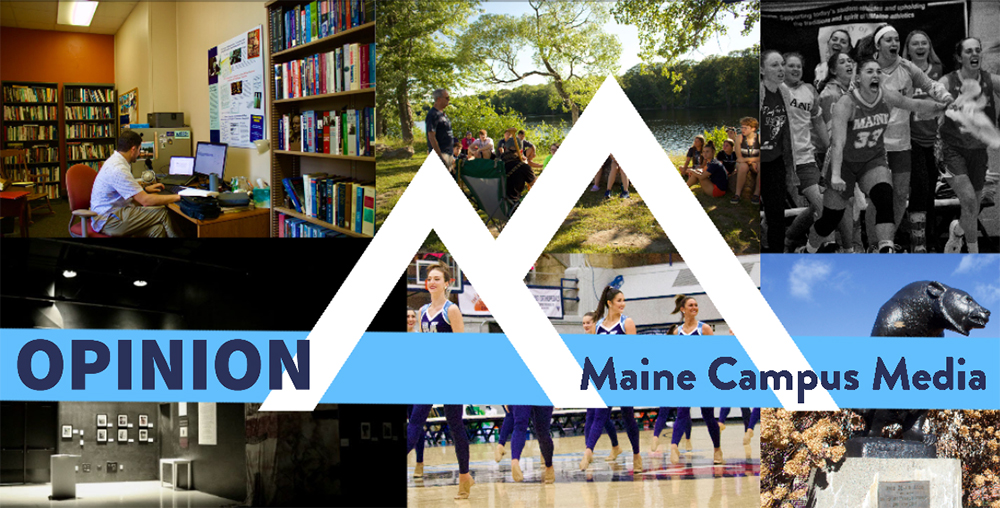In a time of unprecedented social, political and economic turmoil around the globe, I am further inclined to return to the words of Robert F. Kennedy. He may have been a former U.S. senator, attorney general and a member of the prominent Kennedy family, but more importantly, he was also a humanist, a peacemaker and a person who exuded an admirable character.
Most notably, Kennedy was a crucial proponent in bringing about civil rights. Asked in May 1962, “What do you see as the big problem ahead for you, is it crime or internal security?” Kennedy replied, “Civil rights.” As attorney general, he fought advances by segregationists such as former Alabama Governor George Wallace who wanted to restrict Black students going to college.
He also clashed with the former FBI Director J. Edgar Hoover when he insisted on unfairly targeting civil rights leaders with investigations. Prior to President Lyndon B. Johnson’s signing of the Civil Rights Act in 1964, Kennedy and his brother President John F. Kennedy set the groundwork for that revolutionary law.
This attitude extended into his time as a senator in New York and during his 1968 presidential candidacy. One particularly important moment came on the night of Martin Luther King Jr.’s assassination. Kennedy had worked closely with King and knew him well. He was due to speak at a campaign rally in Indianapolis, Indiana.
At the start of his speech, Kennedy broke the news to the crowd. Seeing signs of shock and anger, he looked to calm his audience. “What we need in the United States is not division; what we need in the United States is not hatred; what we need in the United States is not violence or lawlessness; but love and wisdom and compassion toward one another, and a feeling of justice toward those who still suffer within our country, whether they be white or they be black,” Kennedy said, according to the JFK library.
Kennedy sympathized with the crowd’s anger, but he also knew that violence was not the solution to systemic racism nor would it avenge King’s death. “We can make an effort, as Martin Luther King did, to understand and to comprehend, and to replace that violence, that stain of bloodshed that has spread across our land, with an effort to understand with compassion and love,” Kennedy said. Indianapolis ended up being the only city without a riot that night.
America is the most divided it has been since the days of that speech. Politicians, media pundits and even community members stoke partisanship, encourage caustic language and even promote violent actions. The country is experiencing a tumultuous morality crisis. While King’s supporters were upset because of systemic racism and the unjust slaying of their hero, modern-day divisions are being orchestrated by opportunists looking to fan flames and earn a paycheck.
This begs the question, where are the heroes? Where are the Martin Luther Kings? Where are the Bobby Kennedys? Where are the people who are willing to stand up to this? We need people to stare into the eyes of injustice and not blink. Remaining in our ideological camps is not the answer; we will never be able to wait this issue out. Things are only going to get worse.
There is clearly a sickness in this country, one that is causing people to become increasingly more violent, authoritarian, anti-intellectual, afraid and untrusting. According to a disturbing Pew Research Center poll, only 42% of Americans trust their fellow citizens to have civil conversations in regard to political beliefs. Additionally, only 48% trust their fellow citizens to respect others.
America is in need of a long look in the mirror, and it starts with us. We cannot sit idle as vitriol tears the nation to pieces. The red states and the blue states, the conservatives and the liberals. We are more alike than not alike. As Kennedy said, we need to have more compassion and we need to choose love over hatred. Whether we like it or not, whichever ideological side you are on, the hundreds of millions of Americans who disagree will still exist.
Instead of fighting with those we disagree with, it’s time to start convincing them. Kennedy envisioned a country that could live in peace and harmony, with its citizens looking toward their commonalities rather than their differences. As American civility and democracy face a dire test, we need Kennedy’s tranquility and optimism more than ever.




